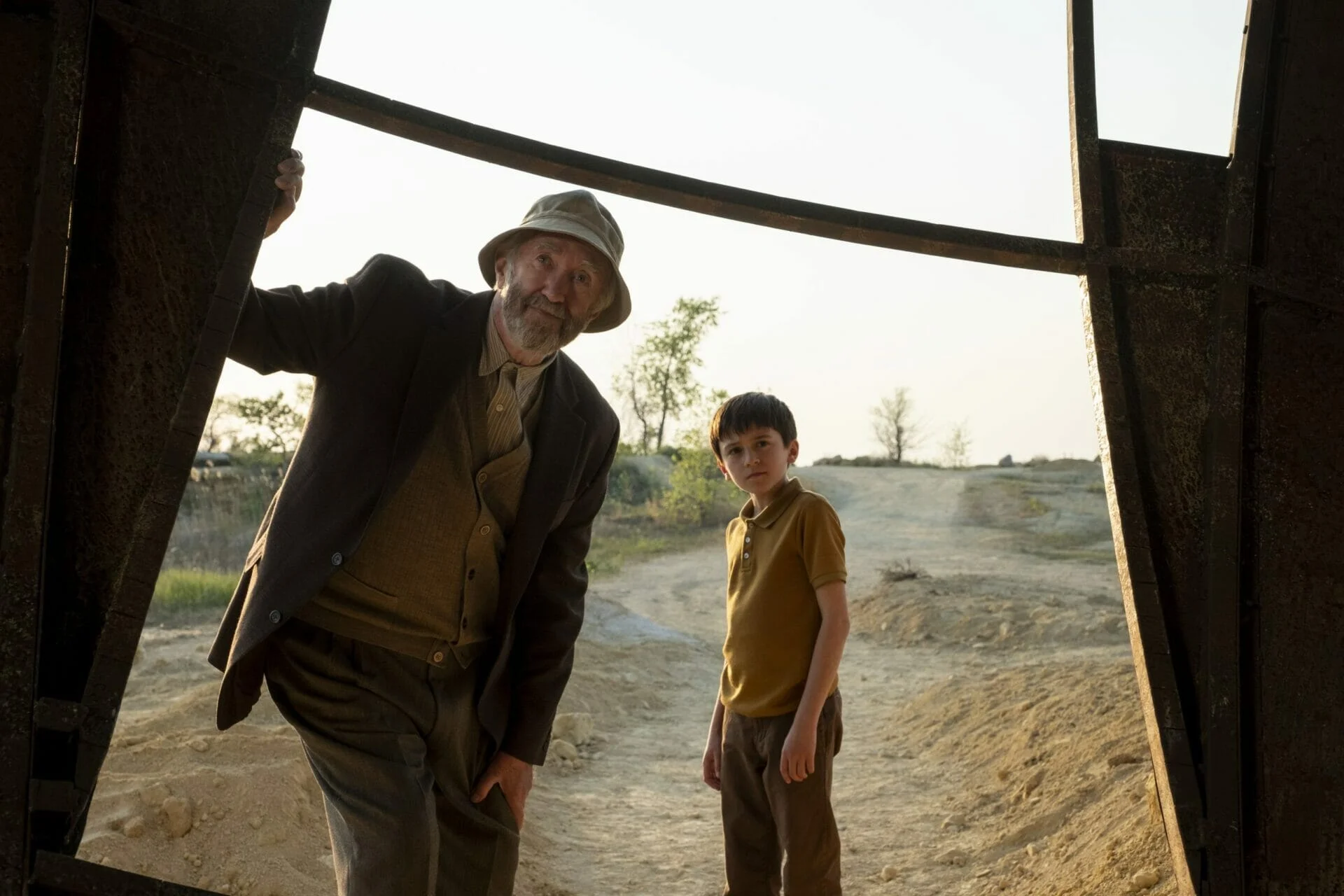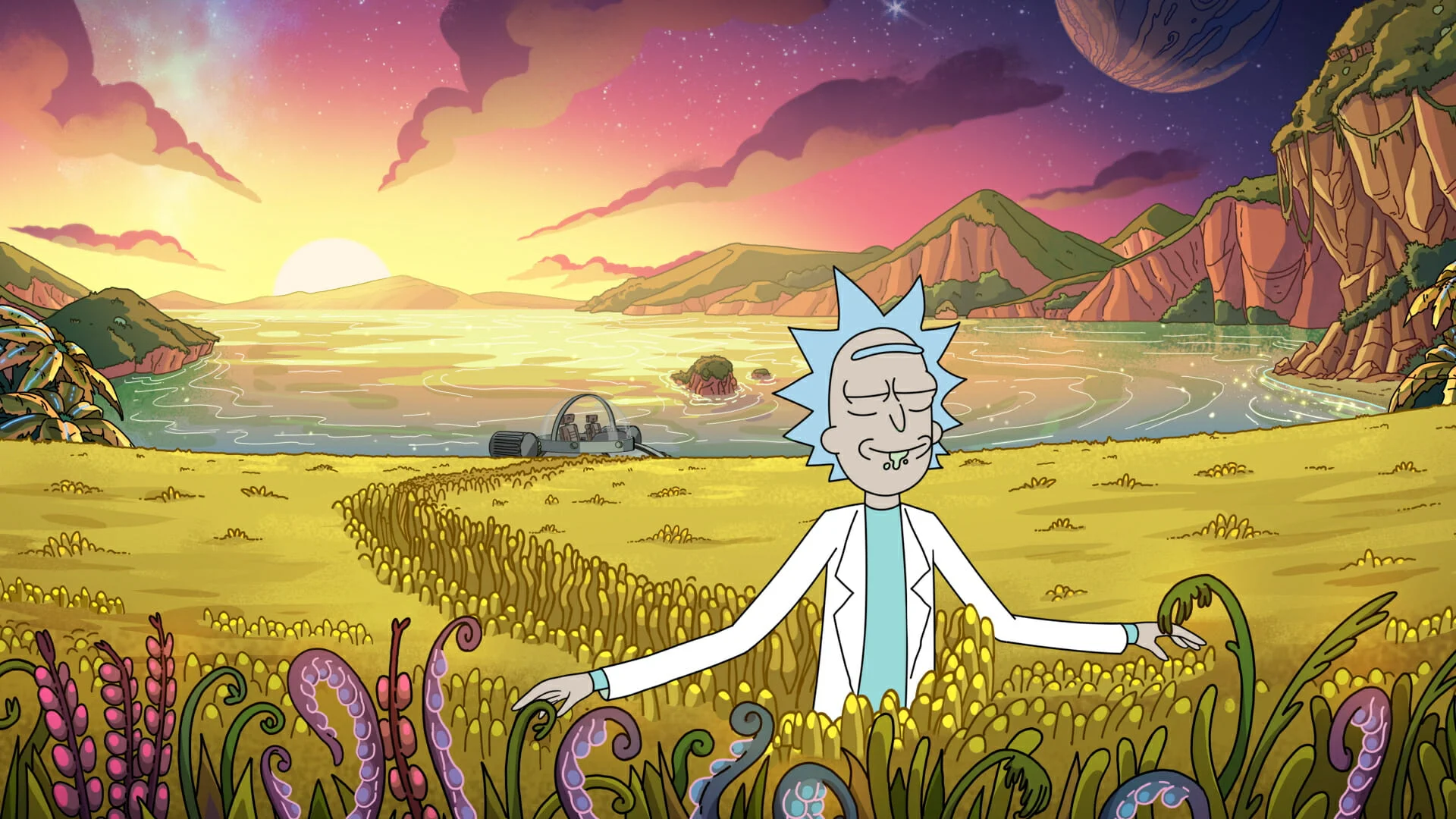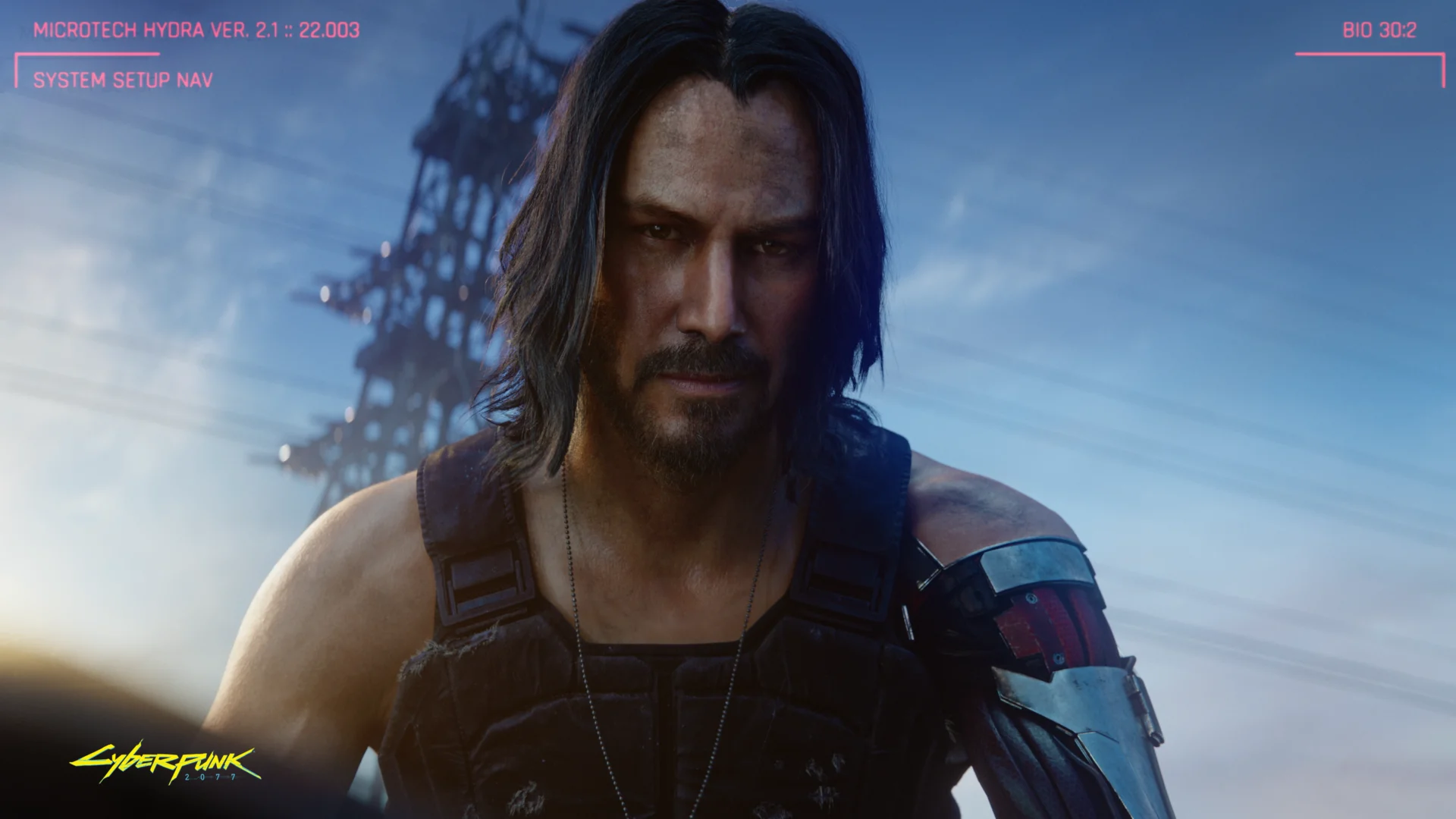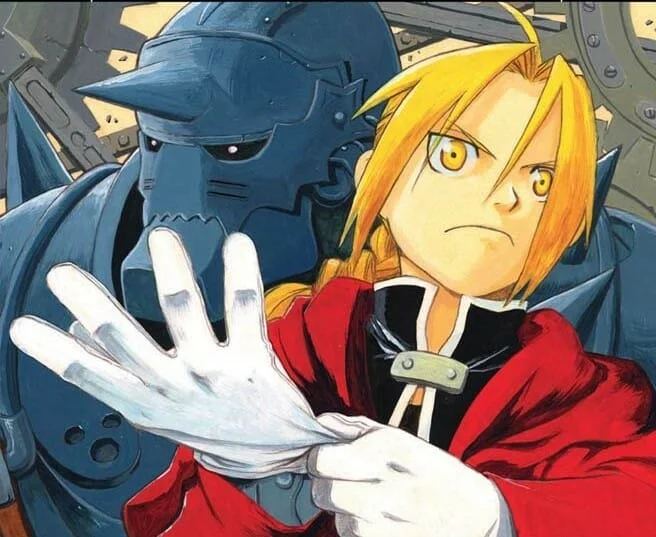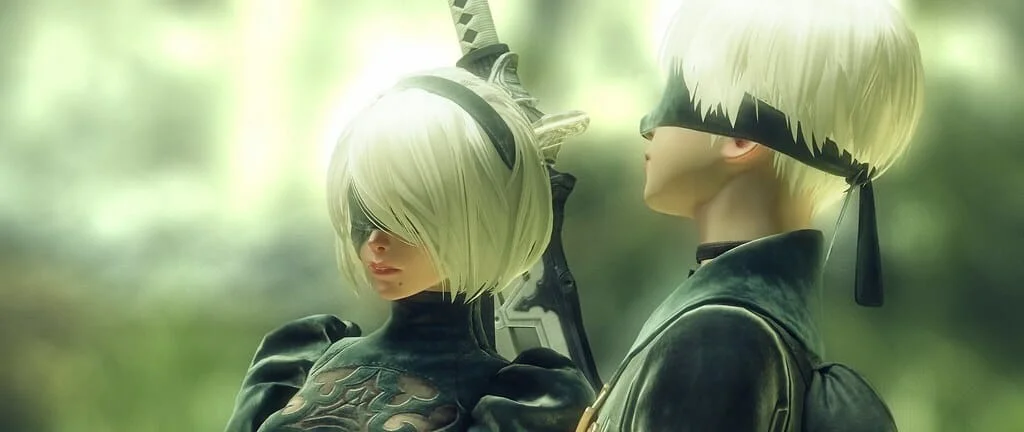
NieR: Automata | Existence reimagined
Studio
Art Director
Lead Composer
Publishing Year
Genre
Country
By
Everything that lives is designed to end. We are perpetually trapped in a never ending spiral of life and death. Is this a curse? Or some kind of punishment? I often think about the god who blessed us with this cryptic puzzle… and wonder if we’ll ever get the chance to kill him.
Such is the opening statement of NieR: Automata a game that invites us to reimagine existence, directed by Japanese game designer Yoko Taro. The protagonist, an android named 2B, has more than one god to blame. Humanity for creating androids, the hive mind of their robot enemies, and Yoko Taro himself. The player can actually kill him by shooting at his name in the end credits. NieR: Automata concerns itself with the philosophy of the purpose of existence. This is reflected by how several characters in the game are named after philosophers. Such as Simone de Beauvoir, Immanuel Kant, Karl Marx, Jean-Paul Sartre, amongst others.
Some notable examples of philosophy and artificial intelligence in media include works like Blade Runner, Westworld, and 2001: A Space Odyssey.
A recursive structure
The year is 11945 AD, and the XIV Machine War is raging. The YoRHa, human-made androids, fight against an army of alien-made machines over control of the Earth. The purpose of the YoRHa army is to take back Earth for their human masters who have migrated to the moon. In fact, there is no trace of human presence on our planet aside from ruins covered by vegetation.
During their first run, the player controls battle-type android 2B on a mission led by the Resistance. Together with scanner-type android 9S, she fights Engels, a massive Goliath-class machine lifeform disguised as a building. The two of them end up surrounded by machines and are forced to initiate a self-destruct sequence. The player then restarts the game from zero, but now in control of 9S. It is only through multiple playthroughs that the player can discover the broader truth about androids, machines, and the ongoing war. The game fully integrates UI elements into its world and uses them to challenge players’ expectations, a technique also found in Undertale.
Existentialism for androids
Since their arrival on Earth, the once numb machines eventually developed thoughts and feelings. They have even gone so far as to form complex societies. For instance, the robot Pascal, who leads a pacific machine village and reads tirelessly, is able to quote Sartre by stating that “existence precedes essence.”
This sentence comes from the lecture Sartre gave at Club Maintenant in Paris on 29th October 1945: “[My atheist existentialism] declares that God does not exist, yet there is still a being in whom existence precedes essence, a being which exists before being defined by any concept, and this being is a man or, as Heidegger puts it, human reality. That means that man first exists, encounters himself, and emerges in the world, to be defined afterward. Thus, there is no human nature, since there is no God to conceive it. It is the man who conceives himself, who propels himself towards existence. Man becomes nothing other than what is actually done, not what he will want to be.”
No god inhabits the Earth. In the end, the purpose of 2B, named after Hamlet’s quote, is simply to exist. Existentialism is a popular topic in media. Other games that explore similar themes of existentialism and free will include The Stanley Parable and The Talos Principle.
Playing post-modernity
Before the unexpected success of NieR: Automata, Yoko Taro was already the cult author of two niche titles: Drakengard (2003) and Nier (2010). The title’s eclectic gameplay mixes third-person hack’n’slash action RPG, bullet-hell sequences, platform and rail shooter sections. Everything works smoothly thanks to the remarkable work of PlatinumGames team (Bayonetta, Metal Gear Rising: Revengeance) under Yoko Taro’s direction and Square Enix’s supervision.
The game received some criticism because of its out-of-date graphics and the limited exploration possibilities. On the other hand, critics praised its plot, themes, and gameplay. NieR: Automata sold 6 million copies worldwide and won the Award for Excellence of the Game of the Year Division title at the 2017 Japan Game Awards and the Audience Award at the 2017 Game Developer Choice Awards. The evocative score by composer Keiichi Okabe won Best music at the 2017 Game Awards.
The android that therefore I am not
Taro’s world is, paradoxically, post-human and anthropocentric at the same time. After the millennia spent on Earth, alien-made machines have started to imitate human behavior: they pretend to have sex, invent cults, form clans and mono-nuclear families. Androids have nothing in common with Ctesibius’ automata; they look more like flawless versions of their human creators.
Androids have found a way to transfer consciousness from one artificial body to another. They harbour feelings, even if they shouldn’t. They are supposed to be immortal, yet choose to remain stuck in the cycle of birth and death. The only way out of the eternal return of the same is their silicon heart, their newborn free will. Like the character Pod 042 says in the end: “A future is not given to you. It is something you must take for yourself.”
Tag




